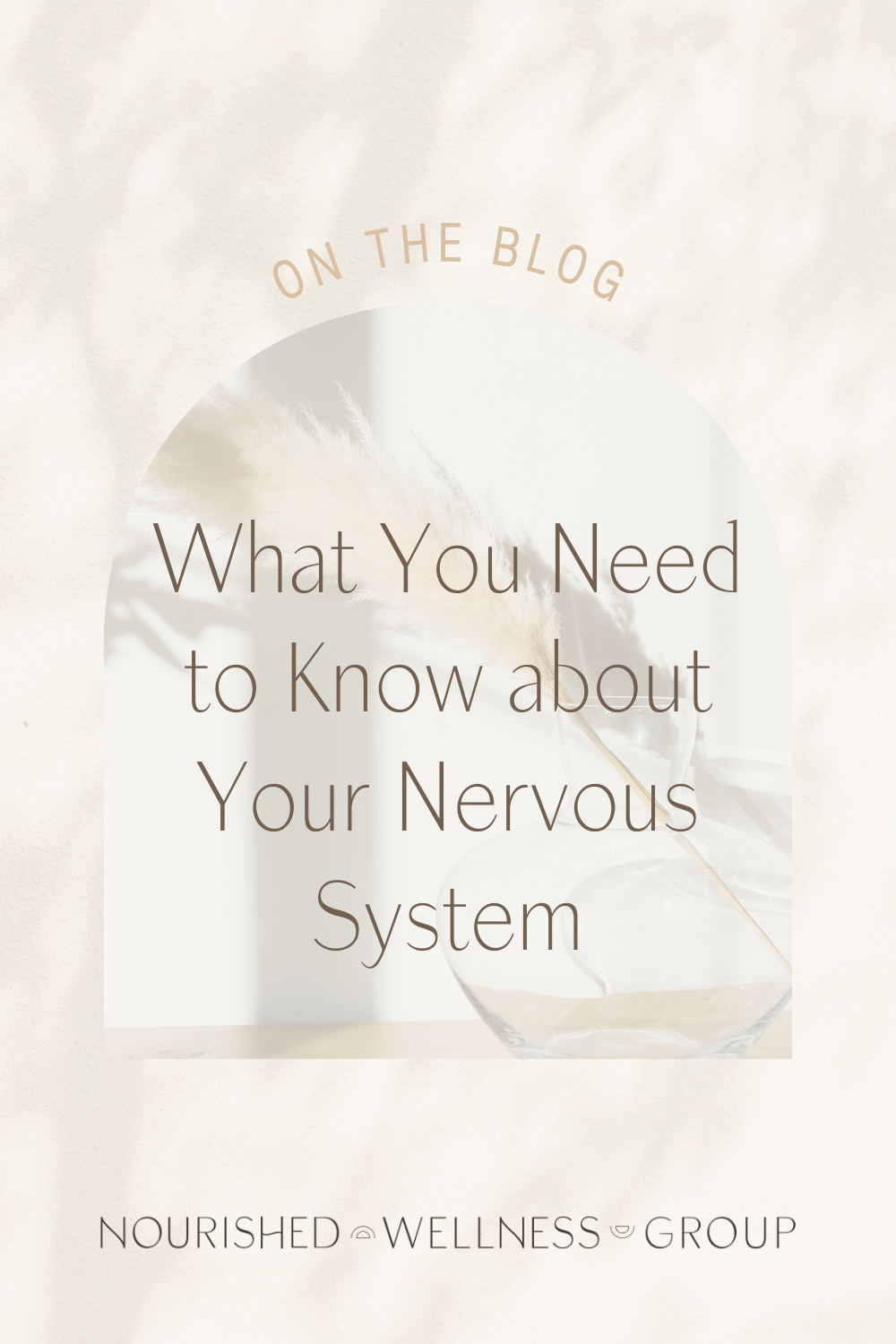Holistic Healing: Nutritional Therapy Practitioner
Holistic Healing + Nutrition
Nourished works with a curated list of holistic partners to provide supplemental support to your treatment plans. Learn more about our supplemental holistic services here!
As our vagus nerve connects our brains to our bodies, many mental health experiences can have an impact on our physical bodies as well, and vice versa.
Our nutritional therapy practitioner, Rachel, specializes in energy issues, hormone balancing, menstrual cycle irregularities, PMS symptoms, increase metabolism, and general lifestyle auditing to optimize your health.
Holistic healing is an approach to healing as a whole person. Incorporating nutrition can help address some body-based experiences that can have an impact on your mental health.
So, What should I expect?
Rachel works with you to support your digestion, look for potential deficiencies, and improve your stress management. Depending on your goals and specific needs, she offers several options to get more in tune with your nutritional health:
The Lifestyle Audit: this assessment maps out your daily moods, foods, energy, and habits that are impacting your health.
One-on-one services: these offer a deeper dive into your goals, your health history, and more support as you address the ways that what you eat impacts how you feel. The 3-month package and 6-month packages allow for more guidance as your body responds to changes and as you build new habits.
4 Nutrients for your Mental Health
Most of us have heard about the gut-brain connection, but did you know that anxiety and depression symptoms can also be tied to specific nutrient deficiencies?
Today, Rachel is sharing the top 4 nutrients to include in your diet often, the impact they can have on our mental health; and the top food sources for each.
B Vitamins: B vitamins are essential for brain and heart function and studies have shown that B vitamin deficiencies (especially B12) are linked to anxiety and depression symptoms (PMID: 35337631).
Top food sources: liver, grass-fed beef, sardines, clams, dairy products, eggs
Omega 3’s: Omega 3’s are essential for reducing inflammation in the body, supporting cell membrane and skin health, and supporting brain function. DHA is particularly important for the production of serotonin which is a feel-good hormone that helps to regulate our mood.
Top food sources: fatty fish like salmon, oysters, chia seeds, cod liver oil
Magnesium: Magnesium is an essential mineral that is involved in over 3,700 enzymatic reactions in the body. Magnesium has a calming effect which can be incredibly supportive in calming the nervous system.
Top food sources: Magnesium can be tough to get from food alone, so I generally recommend supplementation for most people. However, food sources include dark chocolate, avocado, almonds, bananas, cooked leafy green
Vitamin D: Vitamin D actually acts like a hormone in the body and is essential for strong bones, immune health, and cell function. Although it is unclear if low levels of Vitamin D cause anxiety and depression, studies have shown that low levels of Vitamin D are correlated to symptoms of anxiety and depression. (PMID: 28914205)
Top food sources: Sun exposure is best! I recommend 20 minutes a day of unfiltered sunshine on the majority of your body (arms and legs exposed). Food sources include salmon, sardines, cod liver oil, egg yolks, mushrooms
If you have a sense that working from a holistic approach would be a benefit to you, contact us to learn more!
Pin This Post!
Related Posts
If this post was helpful, you might also like these…









Feeling stuck in traditional talk therapy? Let’s chat about how bottom-up approaches like somatic therapy can help you access and process deeper layers of your unconscious emotional experiences.